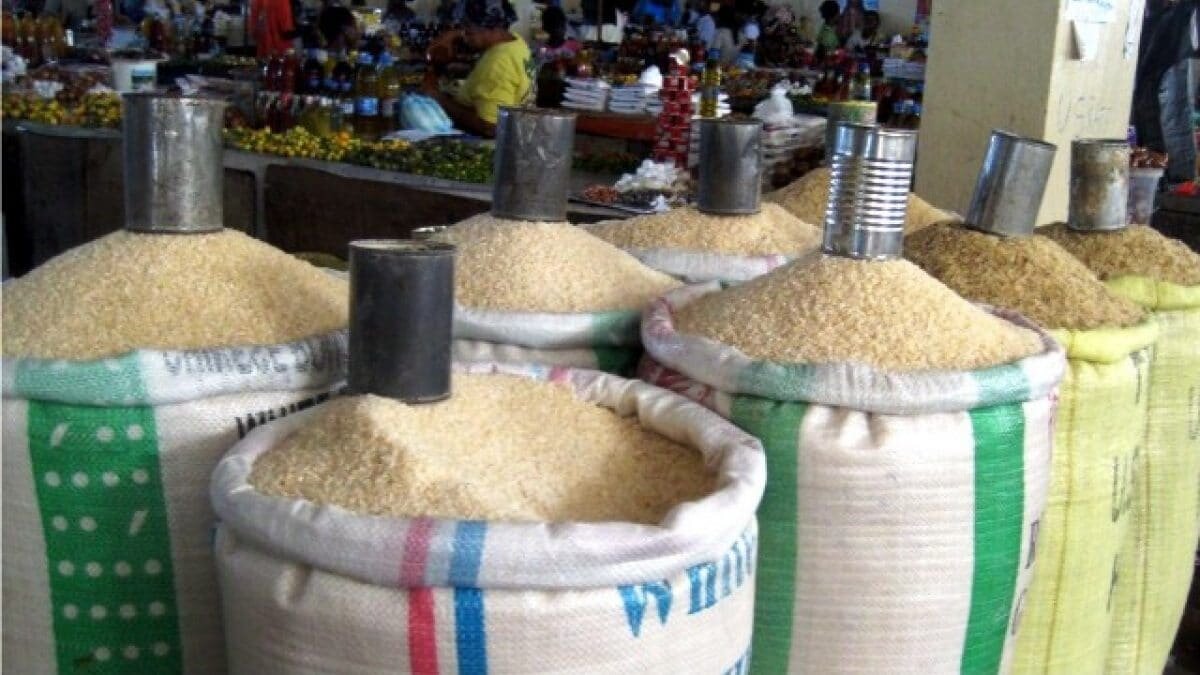Business
Border Closure: Sellers lament as Nigerians shun local rice

Rice sellers in Ilorin, the capital of the state of Kwara, have expressed concern about consumers’ reluctance to buy locally produced rice.
Some rice sellers who spoke with Latest Nigeria newspaper on Tuesday said consumers preferred to pay more for imported foreign rice than the cheaper locally produced.
Mallam Mahmud Ismail, a rice seller, said only a few customers requested local rice, as they always preferred the foreign version.
“You will barely see one in 10 customers requesting local rice in my store. They always want foreign rice, “Ismail said.
Another vendor, Ms. Bimpe Ekundayo, said customers complained about the poor quality of local rice.
“Many customers complain about stone particles and the poor quality of local rice. I sell 10 bags of foreign rice to 4 bags of Nigerian rice because of the quality, ”said Ekundayo.
Another seller popularly named Iya Ibeji in the Ipata market, said local rice sales were not fast as customers despised him.
“Local rice is always the second option in your budget. They feel reluctant and sad when I suggest they buy local rice. They are even ready to pay more for foreign rice, ”he said.
Ms. Iyabo Aina asked the Federal Government to lift the ban on importing rice and allow the free flow of the product in the country.
“We are no longer making sales. No one is ready to buy local rice and is affecting our business. The government should do something on time, ”said Aina.
However, Stephen Ikechukwu, another vendor, regretted that closing the borders against the importation of foreign rice has caused a sharp increase in the general prices of rice in the market.
“Now, we sell local rice for N20,800 while foreign rice is N26,000. It was never like this before the border was closed when we used to sell a bag of local rice for N9,500 and the foreign N13,000, ”he said.
In addition, a rice seller, Alhaja Rukayat Usman, urged the Federal Government to encourage the public to sponsor local rice and stop discriminating against it.
“We need to change our attitude towards locally manufactured products and appreciate Nigerian manufacturing. We like to prioritize anything foreign before our local products that are bad, “he said.





